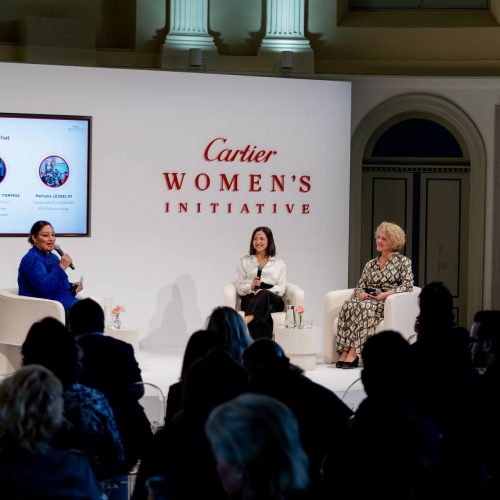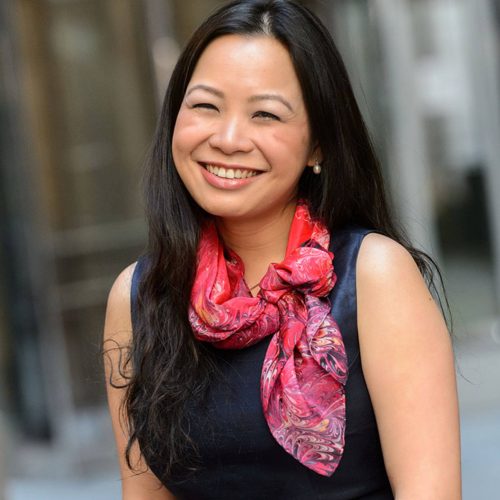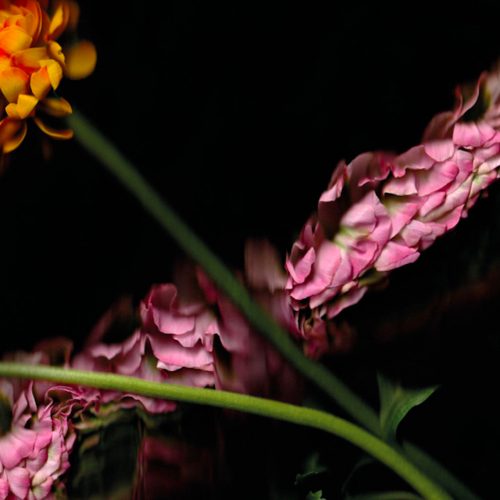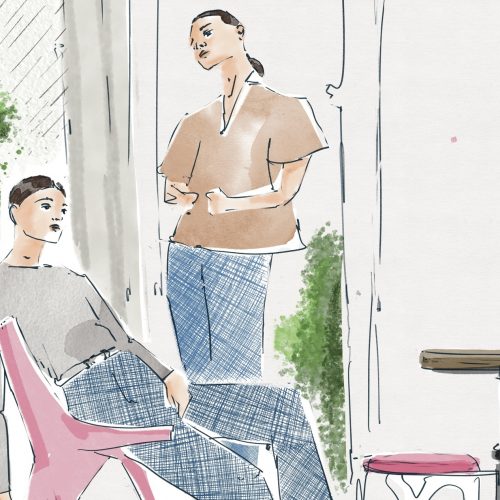What Can Marine Mammals Teach Us? | Interview with Alexis Pauline Gumbs
What and, most importantly, how can we learn from non-human beings? What is the significance of Black and Indigenous voices in conversations about environmentalism? And how to take a breath when the waves are covering you? A writer and activist, Alexis Pauline Gumbs, is happy to share some practices.
To receive the Luxiders Newsletter, sign up here.
Describing herself as “a Queer Black Troublemaker and Black Feminist Love Evangelist and an aspirational cousin to all sentient beings”, Alexis Pauline Gumbs is a writer, scholar, and activist known for her groundbreaking work at the intersections of Black feminism, queer theory, and ecological justice. The poetic work of Alexis Pauline Gumbs is a response to the needs of the oppressed communities and movements led by Black, indigenous, working class women and queer people of color. She has published several books, including Spill: Scenes of Black Feminist Fugitivity (2016), M Archive: After the End of the World (2018) and Dub: Finding Ceremony (2020), that inspired artists across form to create dance and installation works, paintings, operas, and even divination practices. Visit Alexis Pauline Gumbs’ website to find out more information about her contribution to society.
Alexis Pauline Gumbs is a 2023 Windham-Campbell Prize Winner in Poetry. Our attention was drawn to her recent book, Undrowned: Black Feminist Lessons from Marine Mammals (2020), that won the 2022 Whiting Award in Nonfiction. In our interview, Alexis Pauline Gumbs shares her view and knowledge on how to stay on the wave when the whole world seems drowning.
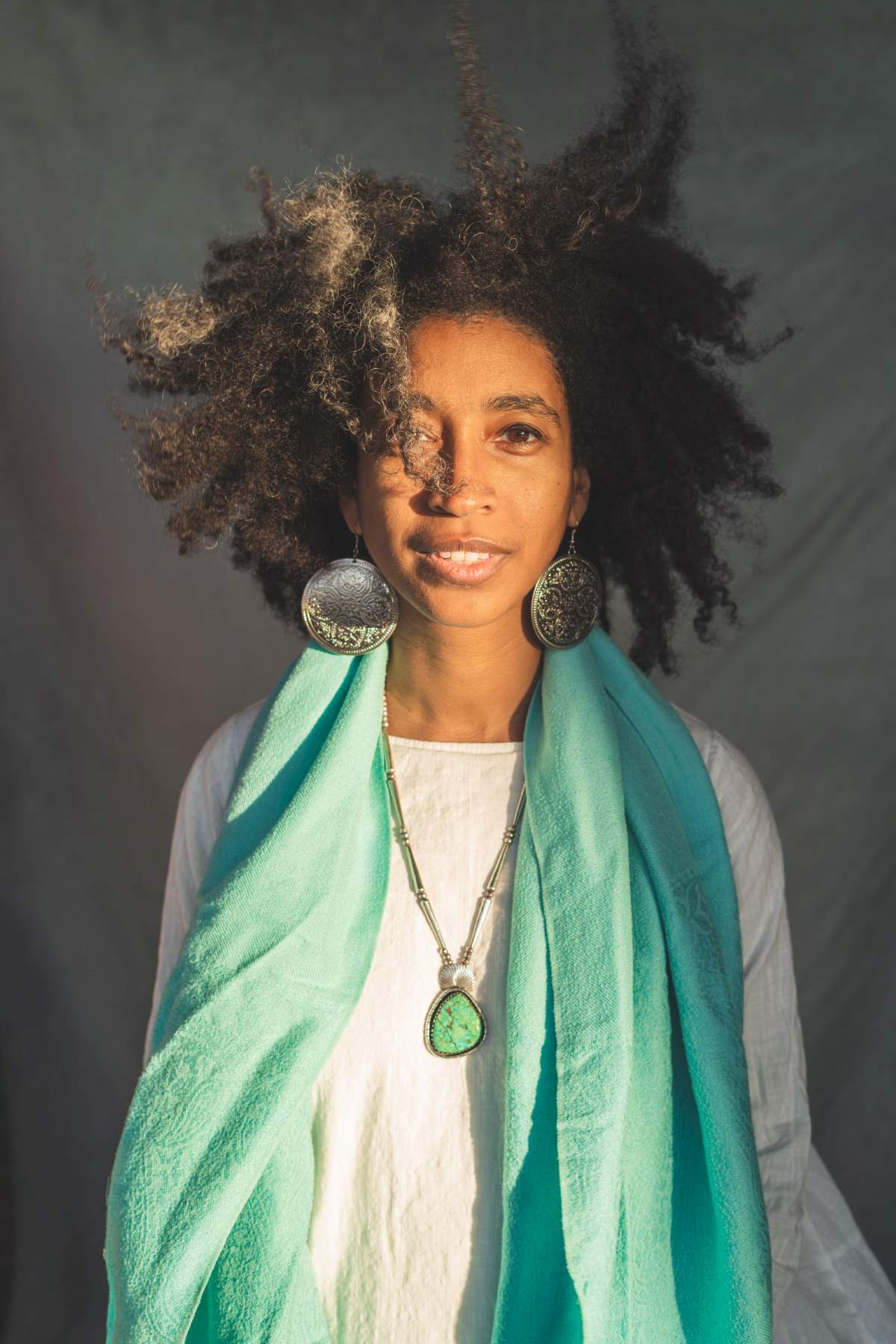
Alexis Pauline Gumbs © Photo by Sufia Ikbal-Doucet
Luxiders Magazine (L)
Alexis Pauline Gumbs (APG)
L: Alexis Pauline Gumbs, your work often explores themes of Black feminism, spirituality, and environmental justice. How do they intersect in your scholarship and activism?
APG: For me it is all one work. In fact, in my work all three terms "Black feminism" "Spirituality" and "environmental justice" all mean the same thing. Or at least they invite me into the same assignment. They are all practices of coming into the right relationship with what Audre Lorde calls "this covenant on which we live." Meaning Earth, our interrelated responsibility to create a loving, lifegiving situation together. Which is another way of saying that Black feminism IS my spiritual practice, and what I believe is our path towards salvation, the opportunity to be in the right relationship with ourselves not on but AS this planet.
L: How do you see poetry, storytelling, and creative expression playing a role in advancing social and environmental justice movements?
APG: I may be biased because I am trained as a literary scholar, but the way I see it everything is a story. The way we behave, the actions we take are results of the stories we believe. If we believe humans are here to dominate all other life forms, then we extract everything. If we believe we are fundamentally interconnected with all life, then we have to act accordingly. Everything also has a poetics. Everything, your every breath has rhythm, repetition, intention and energy. And so those of us, the artists, who do the work of storytelling and creative expression have an opportunity to bring the collective into the rhythm of a new possibility. Or maybe a very old possibility. That's why the difference between living ON this planet and living AS this planet makes a big difference. Those are two completely different stories about what it means to be here.
L: Your book Undrowned: Black Feminist Lessons from Marine Mammals draws parallels between marine mammals and Black feminist thought. What inspired you to make this connection, and what lessons can be learned from it?
APG: It really is all the same message. When I started the writing process that became Undrowned, I just wanted to be more like a marine mammal. I wanted to move more gracefully, breathe more deeply in the ocean of my own grief. As I began to write every day about marine mammals I started to realize that as a Black feminist thinker I was seeing patterns in how the guidebooks described marine mammals and how colonial narratives describe people of color and indigenous people. This is how I realized that the systems of oppression that threaten the ocean and all marine life are not only similar to the systems of oppression that impact me, they are ONE AND THE SAME. And that realization made the more important realization obvious. Our survival requires the same transformations. Our existence is one existence. That's the lesson. Colonialism and all the systems of oppression we are navigating depend on false ideas of separation. We have to unlearn that separation so deeply that our every action contributes to the communion of this planet. I call it love.
L: Can you discuss the significance of centering Black and Indigenous voices in conversations about environmentalism and sustainability?
APG: That's really the only thing that makes sense. It is colonialism, the vast displacement and genocide against Black and Indigenous people that has made an unsustainable extractive relationship to the environment the norm.
L: Given environmental challenges and crises, people often feel drowning under the threat of upcoming disaster that seems inescapable. What can marine mammals teach us? How to stay on the wave? And how do we learn to take a breath?
APG: I take guidance from the harbor seal. They slow their breathing. We don't have the capacity to slow our heartbeats at the rate they do (3 heartbeats per minute...down from 60), but we can slow our breathing. We can slow our response time. And that is what marine mammals do, not only to stay underwater longer like the harbor seal, but also to move together as a collective. You can do it right now. Take the slowest breath you can manage. What do you notice?
And if it feels impossible to change your rate of breathing, your rate of action, then at least notice. Notice when your breathing speeds up and gets shallow, notice when it is slow and sustained. What are the circumstances that impact your breathing and how? There is a lesson for you there.
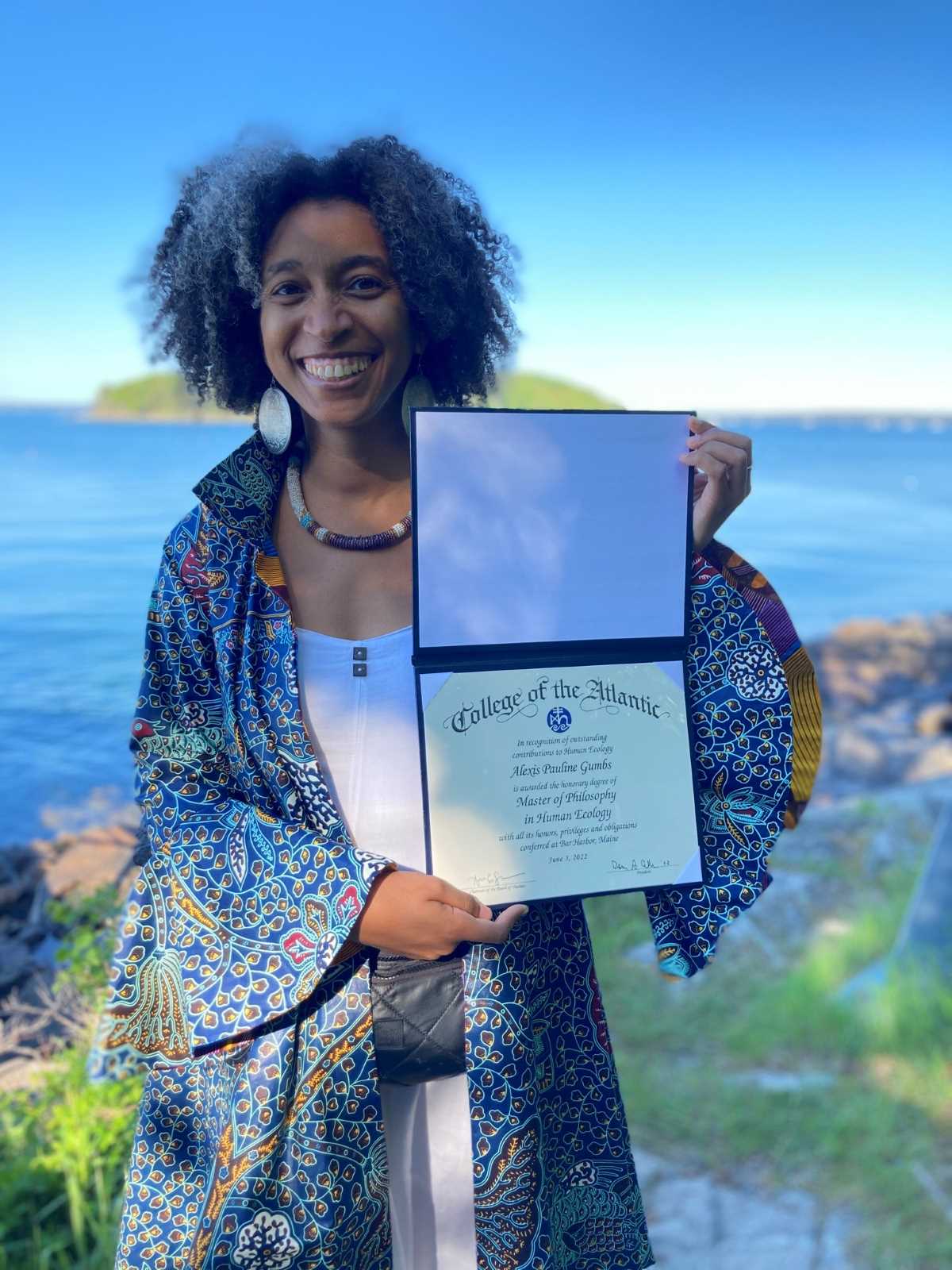
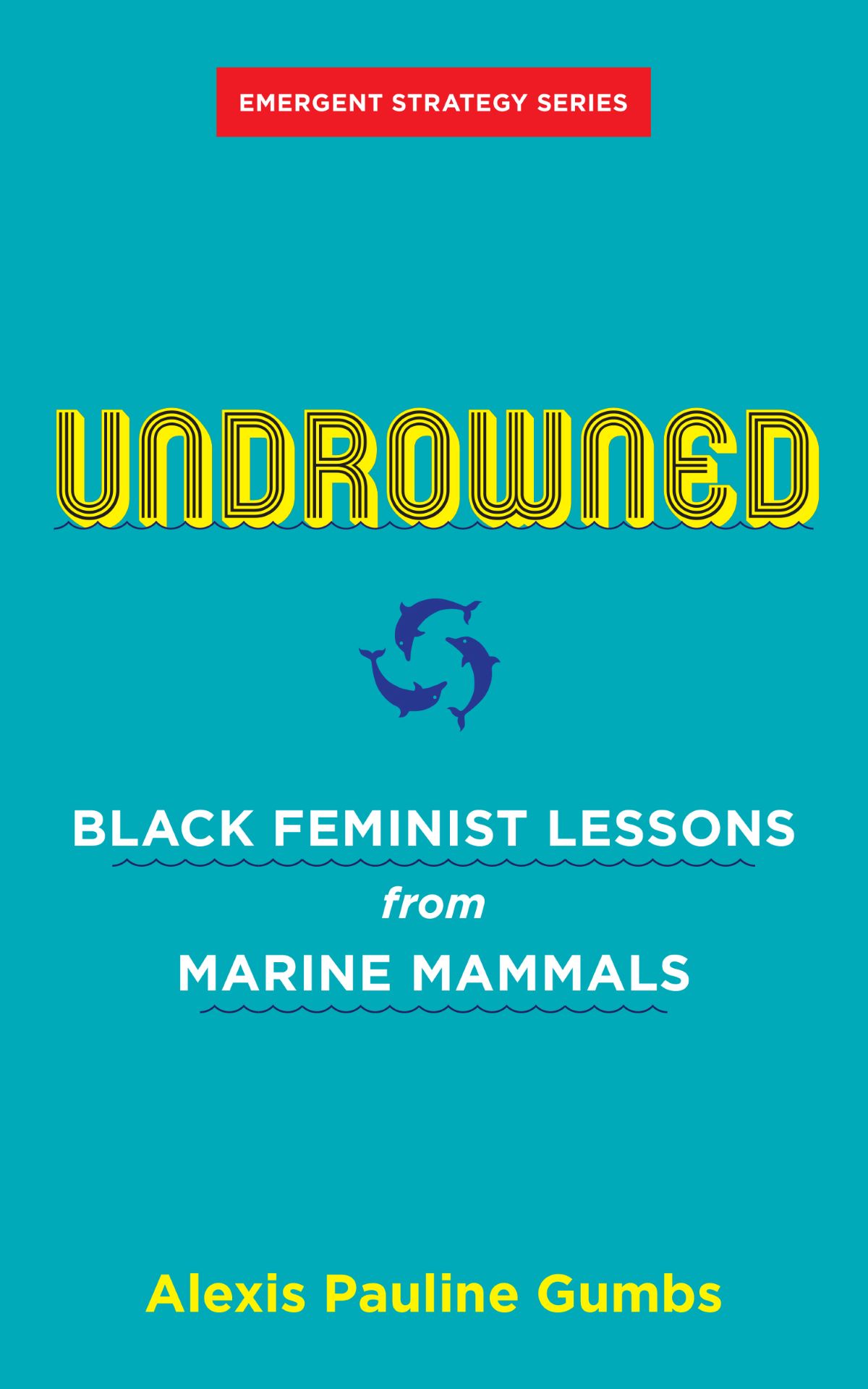
L: In your book, you bring attention to the importance of listening. How do we learn to listen not only to each other, but also to non-human beings?
APG: We have to learn a decolonial listening. Right now the dominant mode of listening, and by the way this is also an ableist mode of listening, is consumption. We listen to consume and to churn back our something for someone else to consume. That's capitalist listening. Listening to marine mammals helped me learn that listening is not about consumption. It's not even really about comprehension. It's an opportunity for attunement. The collaboration on a shared vibrational context. It allows me to exist beyond my individuality. And that's true with you too, even with people who speak the same language, we are always listening across difference, there is also something much more important than comprehension at stake. We have to learn how to be together. Listening is a practice towards that learning.
L: Undrowned often emphasizes the interconnectedness of all life forms and the importance of collective healing. How do you envision this collective healing taking place, particularly in the context of ongoing environmental crises?
APG: You already know! Listening! In the context of ongoing environmental crises some of the most important listening we can do is to survivors most impacted by the climate crisis. And we are listening to learn how to be together and valuing their survival as leadership. We can listen to the air, the hurricanes themselves, the floods themselves, the water itself. It is really telling us everything we need to know. And the most healing thing would be to clear out and unlearn whatever stories stop us from listening to that truth.
L: Do you think there is a way we humans can reconsider our relationship with the wildlife and move beyond anthropocentrism? Would you like to see the post-Anthropocene world with your own eyes?
APG: Yes. We can. Yes. I would like to see that. Sometimes I do see glimpses of it. I think in my writing I pray for that transformation. I try to lean into the poetics of it. Often readers (especially translators) note that it is impossible to know who the "you" or the "I" is in many parts of Undrowned, whether it's a human "you" or "I" or not. That's good. That's where we need to go. We need to stop knowing ourselves as separate.
L: What steps do you believe humanity should take to come to the recognition of non-human beings' agency?
APG: Slow down and mostly stop. We saw early in the COVID pandemic what a flourishing happened with just a few days of humans slowing down and stopping. That's the only way we can really listen.
L: To end our interview, what new projects are you working on now, can you give us a sneak preview?
APG: I'm very excited that this August my new biography of Audre Lorde is coming out. It's called Survival is a Promise: The Eternal Life of Audre Lorde and it is very much about the scale of survival that we have been talking about in this interview. Not many people think of Audre Lorde as an environmentalist, but they should! In fact she was an environmental thinker from childhood and it only intensified as she witnessed climate change. I truly believe that if we had heeded her warnings back in the 1980s we would be in a better relationship with/as Earth right now. I am looking forward to hearing what people think when the book comes out this summer!
Highlight Image: © Pablo Heimplatz via Unsplash
Interview Images: Alexis Pauline Gumbs
Interview:
Kseniia Gavrilova
Luxiders Magazine

